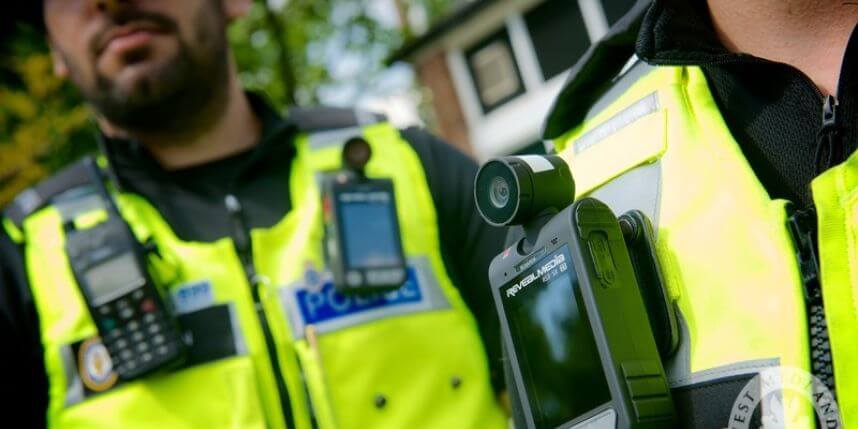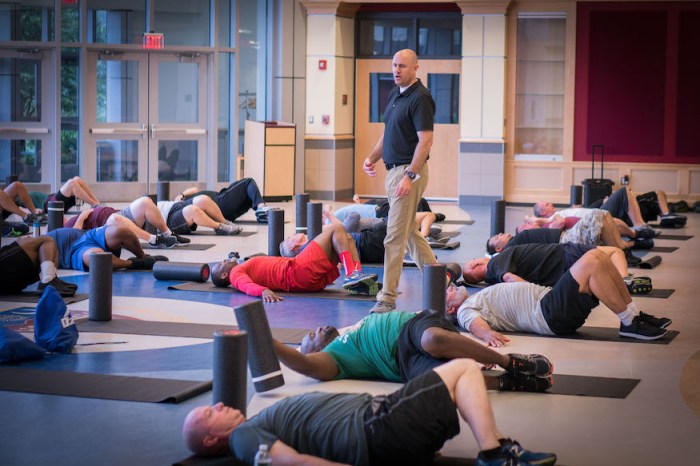The Boston Police Department is set to continue with its body camera pilot program after a judge ruled in the city’s favor on Friday, according to the Suffolk Superior Court clerk’s office. The pilot program was scheduled to start last week, but no officers volunteered. Boston Police Commissioner William Evans then ordered officers to wear the cameras, but the Boston Police Patrolmen’s Association said that that action violated the terms of their agreement with the city that the program be voluntary. The BPPA requested an injunctionto delay the beginning of the programuntil details could be renegotiated. Friday’s ruling means that the program will continue as scheduled and that Evans does have the authority to order officers to wear the body cameras. Suffolk Superior Court Judge Douglas H. Wilkins presided over two days of hearings this week in which BPPA president Patrick Rose testified that he believed Evans’s actions violated the terms of their agreement, while Evans testified that he believed he had the right to order officers to participate. Both sides were in agreement in court that the body camera pilot program should go forward, but the BPPAwanted to delay the start. Rose said that hebelieved hisofficers were not given enough time to volunteer nor were their many questions about the program answered by city officials. The BPPA also cited in court a study suggesting that officers who wore body cameras were more likely to be harmed than those who did not. In his 19-page ruling, Wilkins wrote that research on that issue was inconclusive, according to The Boston Globe. While Rose testified in court that he did not discourage officers from participating in the program, the city argued that the union did not do enough to encourage participation and also cited instances in which Rose told officers not to volunteer. Rose responded in court that he only discouraged anyone from volunteering before an agreement was reached with the city. He said thathe sent a press release detailing the union’s support of implementing new technologies such as body cameras, another press release after an agreement with the city was signed, a two-page open letter to all BPPA members in which he said that he described it as a “great agreement” and another internal memo meant to clarify that the union was behind the program. Wilkins wrote that the union did have an obligation under its contract with the city to ensure that the program functioned smoothly andfaulted the BPPA for not cooperating with management enough, the Globe reports. Wilkins’s ruling comes just one day after the Boston Police Department’s Superintendent-in-Chief William Gross along with seven other staff members would be equipped with body cameras. Those eight will not be considered a part of the 100 expected to partake in the pilot program, Evans said. “When I asked members of my command staff to volunteer to wear the cameras, they all stepped up,” Evans said in a statement. “I have the best department in the country and I am committed to getting this program started for the benefit of the community and my officers out there every day.”
BPD body camera program gets approval to proceed

Flickr/West Midlands Police
















